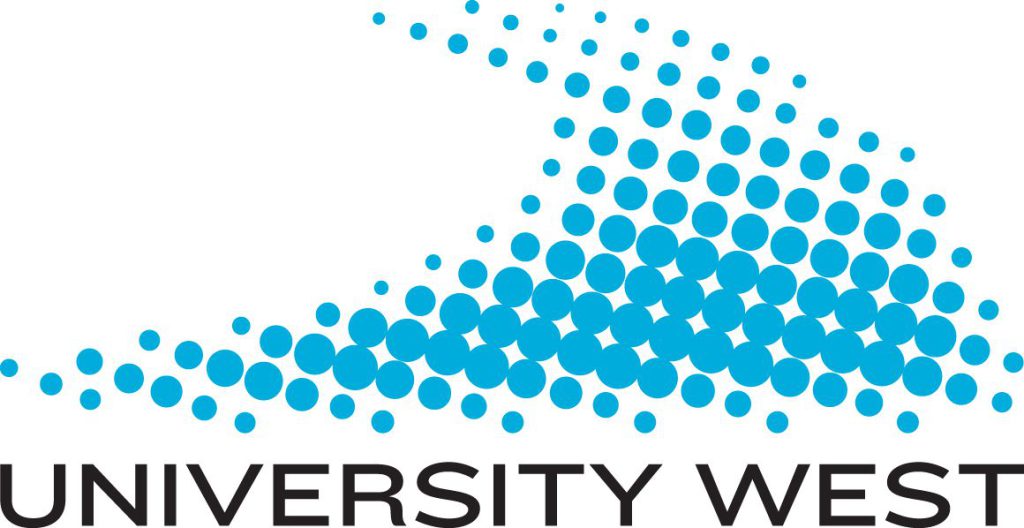The problem with WIL is that it’s basically quite easy, and this is hard to understand
The starting point for the reflections on WIL in this blog post is the idea that what makes WIL – here defined as a strategy for developing new and useful knowledge in-between people with different competences and interests – difficult is that it basically deals with something very simple. In order for collaborations between academics and representatives for working life to result in co-produced knowledge, which is required for the result to pass as WIL, the parties that work together not only needs to listen to each other more than they speak themselves, they must also develop a common understanding of the basic principles of the concept.
Academics must for example be open to the fact that they often lack knowledge about what is going on in everyday life in companies and organizations, and representatives of working life need to understand and respect theoretical knowledge and the unique competences that is developed at universities. And both parties need to reflect on what it means to collaborate, so to say, in-between and in unconventional ways, otherwise the collaboration will evolve into “business as usual” where company representatives order up knowledge or demand solutions to specific problems, and researchers deliver desired results.
The premise for the WIL-concept that is discussed here is, in short, to give working life what it didn’t know it needed at the same time as academics develop new knowledge and a better understanding of what is going on in companies and organizations, which hopefully leads to mutual understanding and better solutions in the future. This WIL concept is based on two open questions without given answers: How can we understand the in-between? And what is a conversation?
When I give lectures about my take on WIL, I try to visualize the in-between and its dynamics and significance for thinking and understanding of culture with the help of a PowerPoint that shows a white page with one figure. The point is that the space in-between is there before anyone or anything enters the scene, but it is only when another figure is placed in the picture that it makes sense to speak of the space in terms of an in-between – that is an open place with no boundaries that all parties have the same access to and their own perception of, but no one controls or has a total overview of, or can claim to have the definitive explanation of. This quality becomes clear when another figure is added. The dynamic of the space change even more when new people or non-human actors are added to the complex whole.
To prevent WIL from developing into a client/executor (or even a civilization/nature) relationship, it is further and equally important that the collaborating parties understand and actively make themselves aware of that the co-production of knowledge that they are engaged in cannot and must not be designed as a goal-oriented debate forum with demands and expectations for effective and concrete solutions of identified problems. This tendency is, so to speak, built into the nature of debates.
A conversation is something different, and it is a better target image for WIL and co-production of knowledge in-between academia and working life. If you do not listen more than you speak in a conversation and if there is no natural and obvious place for silence and mutual reflection, which is exactly what is required for new ideas and constructive solutions to arise, then it’s not a conversation.
Trust in each other and in the dynamic process that takes place in-between academia and working life is absolutely crucial for the success of WIL collaborations, as well as mutual understanding and respect for the fact that no one can or may claim exclusive rights or interpretative priority: the result has to be co-produced and also possible to understand and use in many different ways. Otherwise it is something else.
Eddy Nehls, lecturer and Associate professor in ethnology, School of Business, Economics and IT, University West

